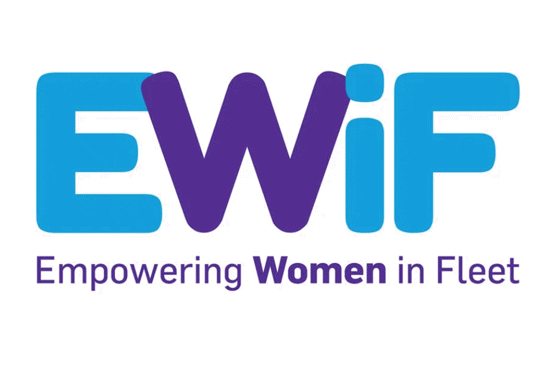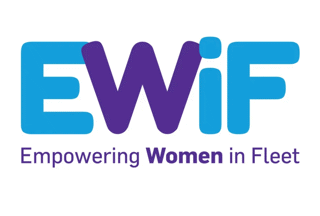The UK transport industry is failing to make progress on gender equality, according to the 2025 Women in Transport Equity Index.
Results from this sector-wide survey indicate a significant lack of improvement – or reversals – across key areas of inclusion, pay equality and leadership progression since 2023.
The Index’s findings are based on answers to a bespoke set of questions in an inclusive employer survey from global equity platform and Index partner, Work180.
Responses were provided by participants from 100 public and private organisations from a range of UK sectors – rail, roads, logistics, maritime, cycling, consulting, and government – and were then compared to results from the Index compiled in 2023.
"The Equity Index is an important step forward in our mission to create a more inclusive and representative transport sector,” said Elsie Blundell MP, chair of the All-Party Parliamentary Group for Women in Transport.
“By measuring where we are and holding ourselves to account, we give ourselves the tools to drive real change.”
Key findings of the 2025 Women in Transport Equity Index include:
- Women make up 27% of the workforce.
- The sector's overall diversity, equity and inclusion (DEI) score has dropped to 47% from 50% in 2023.
- A full 59% of organisations report a gender pay gap of 11% or more.
- Of UK organisations, 65% have no plan to close the pay gap, up from 44% in 2023.
- Only 36% of non-transport leadership roles are held by women.
Work180’s CEO, Gemma Lloyd, said: "The data is clear: too many women in transport are stuck in support roles, underpaid, and excluded from leadership pathways. Unless accountability is embedded into governance, the sector will continue leaking talent it cannot afford to lose."
Sonya Byers, CEO of Women in Transport, added: “These results must be a rallying cry, not just for transport leaders but for ministers, regulators and suppliers."
Even with much of the industry noted as underperforming, the Index does identify organisations such as London North Eastern Railway (LNER), Steer, and First Bus, that are delivering progress on gender equality through the implementation of targeted policies and commitments.
"These organisations prove that change is not only possible, it's already happening," Byers added.
"But excellence cannot remain isolated. To achieve sector-wide progress, we must move from recognition to replication. We need these practices to become the norm, not the exception."
In response to the results of the 2025 Index, Women in Transport is calling for action, asking the Government, industry leaders and regulators for measures such as mandating gender and ethnicity pay gap audits and setting annual public action plans, as well as to link eligibility for procurement, franchising and funding to DEI performance, and to formalise the leadership routes and sponsorships for women in operational roles.
The Empowering Women in Fleet initiative from Fleet News is designed to spotlight and champion the achievements of women in the fleet sector. Learn more and register for exclusive events on the website.























Login to comment
Comments
No comments have been made yet.